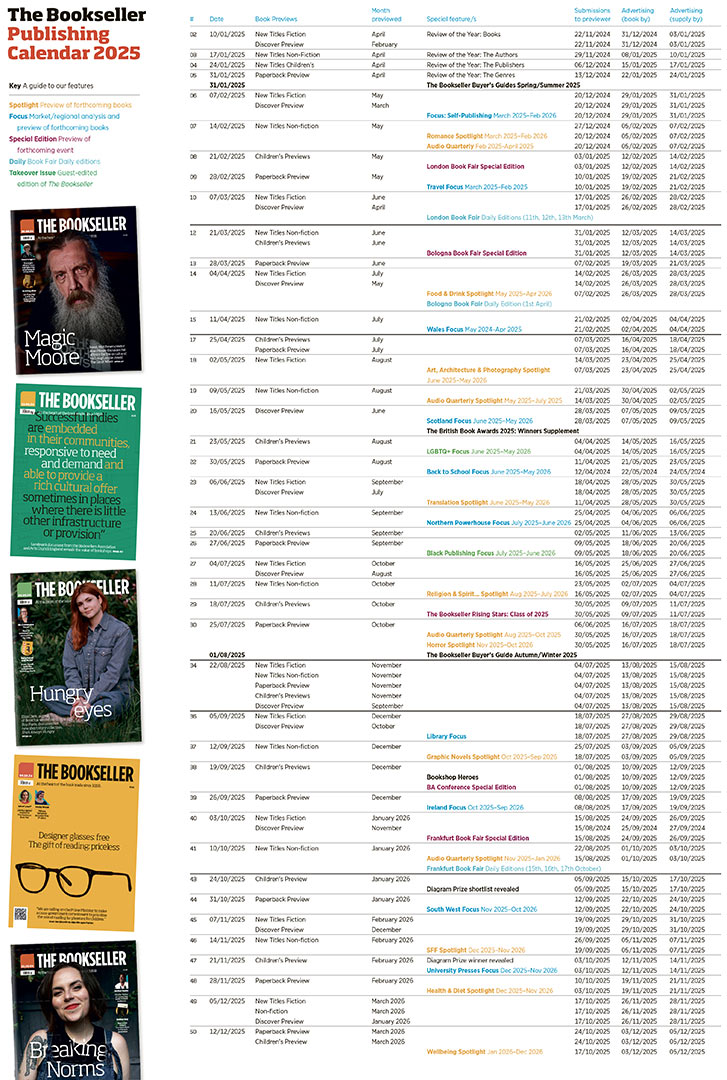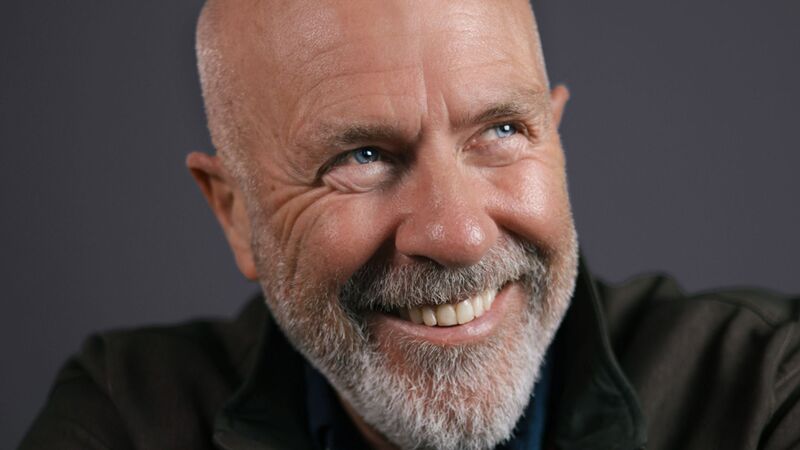You are viewing your 1 free article this month. Login to read more articles.
Time of opportunity
It was Franklin D Roosevelt who once said: “Democracy cannot succeed unless those who express their choice are prepared to choose wisely.” I suspect I’m not the only one who has asked themselves over the last few weeks how our democracy became so full of fury and lacking in apparent wisdom.
During the recent European Union membership referendum campaign we have seen “experts” dismissed as nothing more than the cries of vested interest; nationalism and fear of immigration stoked up with casual abandon; and the political establishment demonstrating perfectly how short-termism plagues politics by calling a referendum on the most profound of national issues, but being completely unprepared for the result to go differently from what they had hoped for.
As someone who has spent much of my career in national politics, I was not surprised that the majority of the population voted “out”. Politicians of all stripes have spent 30 years blaming the European Union for the country’s ills and it was always going to be a stretch for the prime minister to try to change people’s minds over the course of a three- month campaign.
A succession of resignations over the past two weeks has added to the anxiety over what the future holds. When you add to that the apparent inability of those leading Brexit to agree what their mandate is for, it is not surprising that the financial markets have reacted in such a skittish manner. We now face at least two years of negotiations with the EU with the likelihood being that, at best, we can expect a trading relationship for UK businesses only a little bit worse than what we had before.
After the dust settles
Yet despite all of this, I am firmly of the view that we should remain incredibly optimistic about what comes next. The current shock will abate and the economy will settle. For those who accept the result and look to the future, there are real opportunities. Those industries who understand what they bring to the economy, who remain committed to the UK and know what is needed in order for them to succeed have the ability to shape what that future looks like.
My first reason for being optimistic is that government tends to listen more when times are tough. Not only can ministers no longer blame the EU for preventing them from taking action, they are already asking business to tell them what needs to change. We must seize the opportunity that presents itself on the issues that really matter to the publishing industry: better protection for intellectual property rights; lower taxes on our industry; and ensuring funding for education and academia remain intact. Now is the time for the industry to brush down our wishlist and firmly insist that ministers listen. Rather than being a smaller voice in a big room in Brussels, we are an important UK industry with strong relationships in Westminster.
My second reason for optimism is that the industry remains in rude health and has an enormous amount to offer in a post-Brexit world. UK publishing is not reliant on EU grants or made up of businesses facing a pressing imperative to relocate to other European cities. We have the talent, skills and creativity needed to continue to be world leaders. We must talk loudly and proudly about our achievements and be more than ready to remind the government of the value of our long-term commitment to the UK. After the financial crisis there was much talk, but little action, about the need to rebalance our economy. We now have a golden opportunity to use our long-term commitment to the UK as leverage for a better operating environment in the future.
The third consideration in our post-Brexit world which makes me optimistic is that now it has happened, we have the opportunity to forge new relationships with the rest of the world. While this period of instability will not have been the preference of many, there are real opportunities that come from no longer having to negotiate and compromise with 27 other nation states. We have the freedom to pursue those trading relationships that matter most to UK businesses. The English language is perhaps our country’s greatest export and it will always be in demand. We continue to have a very attractive product and greater freedom to determine how, where and on what terms it will be sold.
My final reason for being so positive is that we should not underestimate just how important the role that publishers play will be in helping to bring a fractured society back together. When Roosevelt spoke of the need for wise choices in democracy, he went on to talk of how “the real safeguard of democracy is education”. The role that publishers play in advancing knowledge, empowering discussion and promoting values and ideas, will be fundamental in helping the UK move beyond Brexit and towards a new beginning. We must now accept what has happened and play a leading role in defining what comes next.
Stephen Lotinga is the chief executive of the Publishers Association.
















